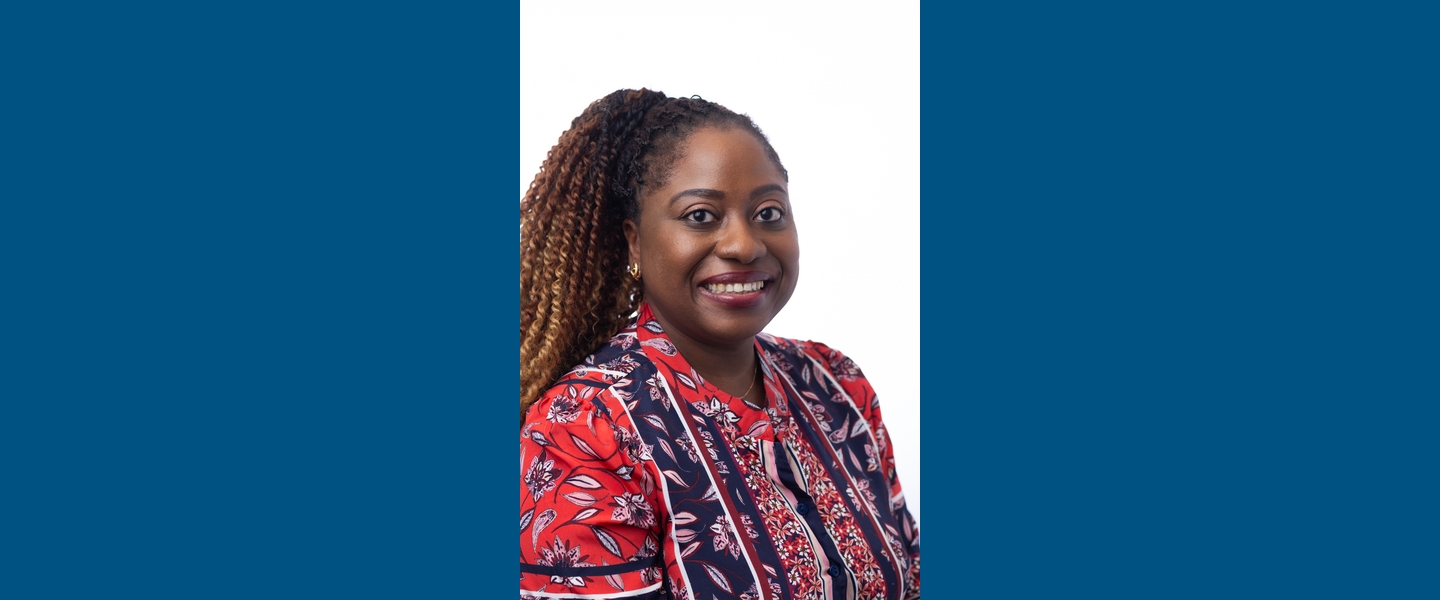I grew up British-Nigerian with my family based across two countries: Surrey in the U.K. and Lagos, Nigeria. The geographical diversity gifted me a rich cultural inheritance and an early education in difference. One childhood scene still anchors me: - on a bus to school, I asked to sit beside a woman; she stood up rather than share the seat. My mother told me to sit comfortably, place my bag beside me, and take the space. I learned young that exclusion exists; yet so does dignity, agency, and the resolve to keep moving forward.
Curiosity about the mind shaped everything that followed. I loved science, especially the brain; how thoughts form, how memory bends with experience, how stress changes synapses. I completed a master’s in translational medicine, then a competitive CASE (industry-sponsored) Ph.D. in neuroscience that spanned clinical trials, drug discovery, and mechanistic studies of stress, synaptic plasticity and cognition. As a postdoctoral fellow at Imperial College London, I helped establish one of the largest pre-clinical dementia programs in the U.K., exploring the natural history of cognitive aging. It was exhilarating work, but something felt missing.
Working with the World-Wide FINGERS network, I was appointed by my mentor, Professor Miia Kivipelto to co-lead the Biomarker Core. The network had grown to more than 50 countries, yet not a single African site was represented. Personally, and scientifically, that absence made no sense. Families like mine live with dementia; African scientists, clinicians, and communities are ready partners. So in 2017, together with colleagues from Nigeria and South Africa, and with support from Professor Kivipelto, I founded Africa-FINGERS. The early years were tough. Grants were rejected. Doors closed. We kept knocking.
Everything changed in 2022 when I became an Atlantic Fellow for Equity in Brain Health at the Global Brain Health Institute (GBHI). The Atlantic community was, and remains, transformational. My mentors there walked me through positioning our science; peers edited proposals line by line; alumni opened introductions across ministries, NGOs, and funders. GBHI provided pilot funds that turned “someday” into “start now.” That solidarity was not abstract. It looked like: a pan-African methods group aligning data standards; shared ethics templates to accelerate approvals; quick-fire peer reviews before deadlines; and quiet check-ins when the inevitable “declines” landed. Belonging to the Atlantic Fellows means never standing alone in the work of equity.
In parallel, I joined the Brain & Mind Institute with Professor Zul Merali, where I co-founded the Imarisha Center for Brain Health & Aging in Kenya. We expanded aging cohorts into South Asia (Pakistan), tested community-centered approaches and built pipelines that train local investigators to lead. With partners including the Global Brain Health Institute, FINGERS Brain Health Institute, Alzheimer’s Association, Davos Alzheimer’s Collaborative, Wellcome Leap, the US National Institute of Health and the UK Medical Research Council, we launched multi-million-dollar programs to establish epidemiological and trial-readiness cohorts. In 2023, our intervention trial Africa-FINGERS opened at six sites in Kenya and Nigeria, with a roadmap to scale across additional countries. That same year, I accepted a faculty role at Wake Forest University School of Medicine, U.S., to broaden our agenda in early detection and precision prevention across global populations.
Working across the EU, U.S., and Africa has reshaped my science and my sensibilities. I have learned that disparities do not respect GDP; they appear in different guises everywhere - digital exclusion in one place, diagnostic delay in another, stigma in a third. I now approach research through co-creation: start with community questions, integrate local context, and design solutions with - not only for - people. In practice, that means recruiting beyond solely urban centers, translating consent and implementation protocols to reflect communal decision-making, adopting low-burden and more accessible assessments yet retaining scientific robustness and methodological rigor, and sharing findings back in the languages and formats that matter. It also means building teams where African and Global South investigators are first and senior authors, PIs, and decision-makers, and not perpetual “local collaborators.”
For Black History Month, I am often asked what belonging means. For me, it is two things. First, it is the determination to take up space without apology; on buses, in labs, on grants, in policy rooms, so others see what is possible. Second, it is the responsibility to make space: mentoring the next scholar, opening a data resource, and inviting a junior colleague to lead. The Atlantic Fellows community embodies that ethic; i.e., solidarity in service of equity. When one of us advances, we pull others forward.
I would be remiss not to name the foundations beneath all of this: my faith in God and the unwavering support of my family, especially my husband, who has been a steady anchor, shaping my character, sustaining resilience, and offering real succour in seasons of adversity.
Today, my work sits at the intersection of continents and commitments: advancing rigorous, inclusive brain-health science while building pathways so that evidence translates into care. I keep the bus memory close - as a compass. Some seats you take; others you build. Across borders and disciplines, with compassion, tenacity, and innovation, we can ensure that where you live, or what you look like, does not determine whether you age with a healthy brain. I am still learning, still navigating, and now proudly call myself a citizen of the world. The task is large; the community is larger. And that is how change becomes durable.




.png)

